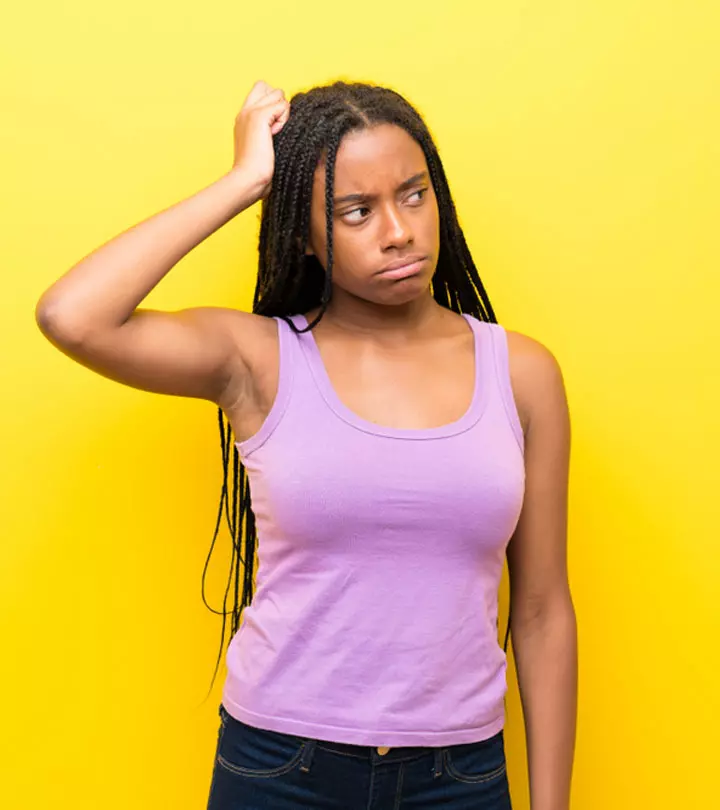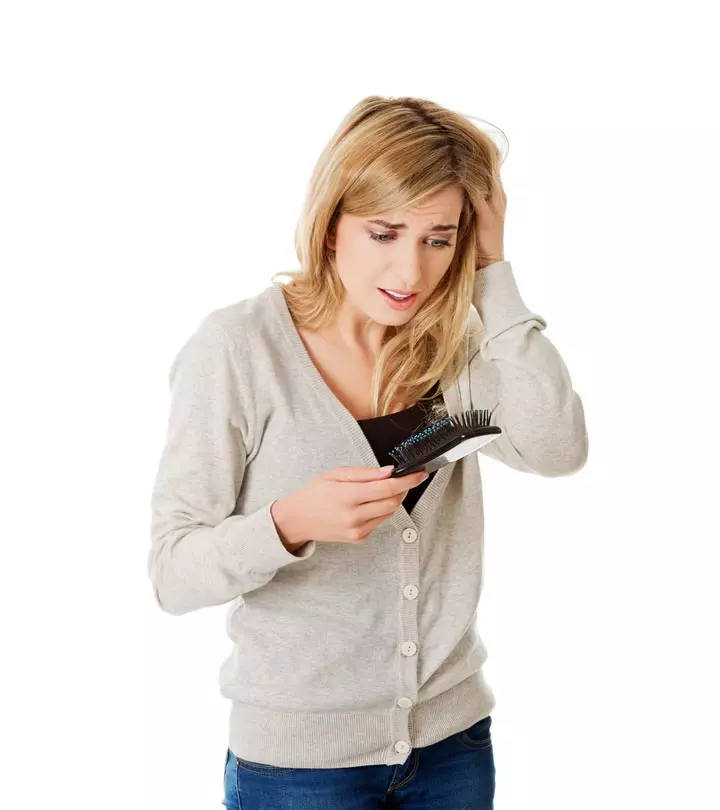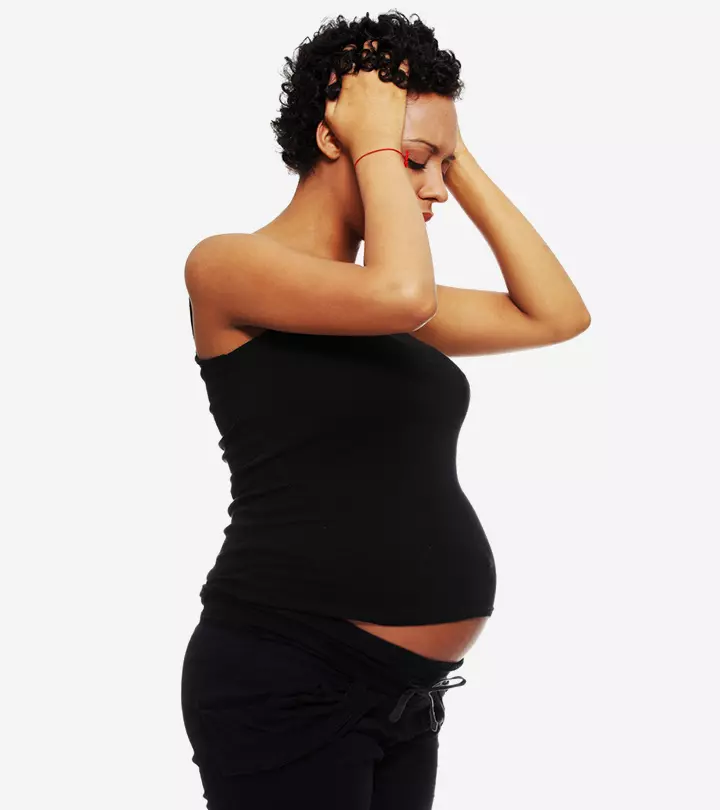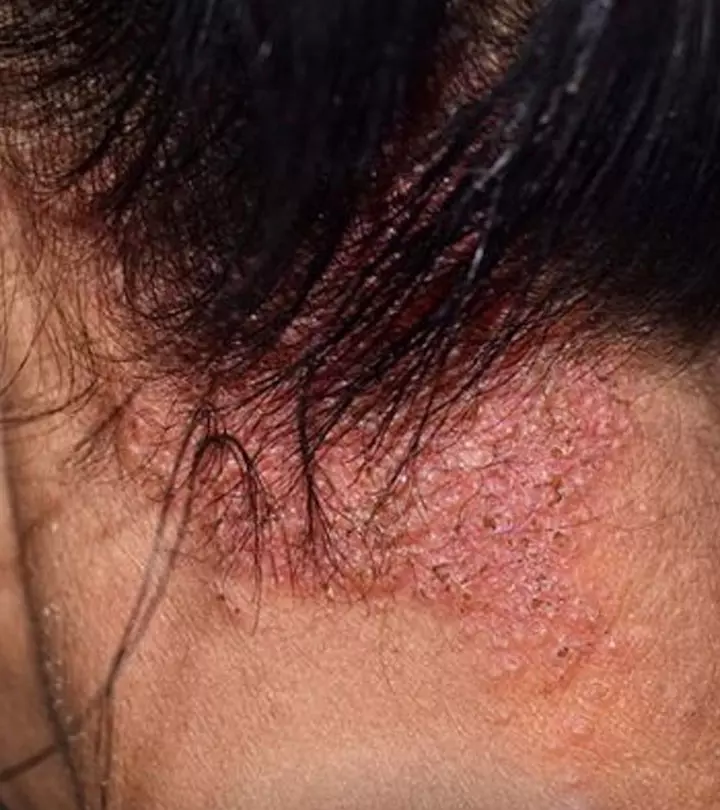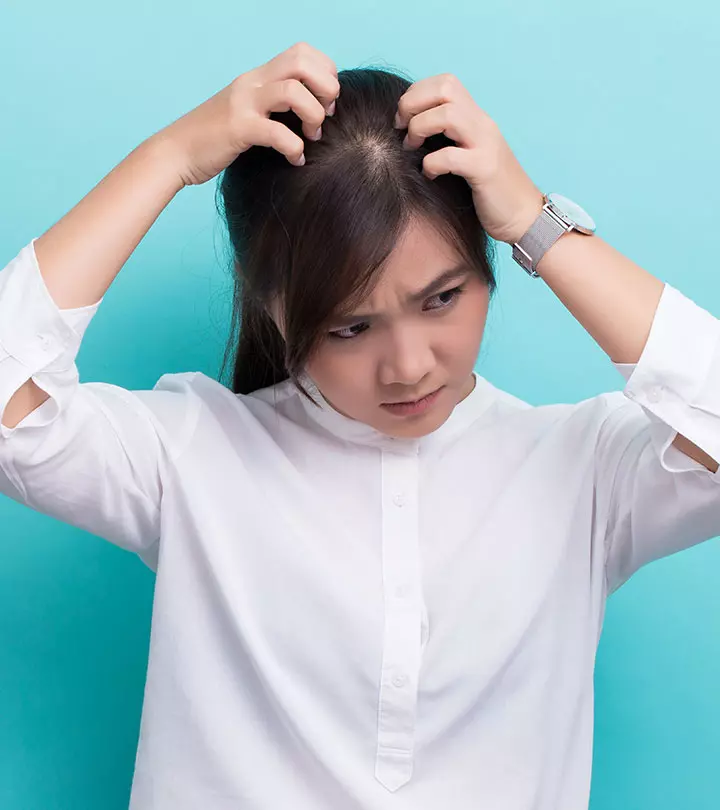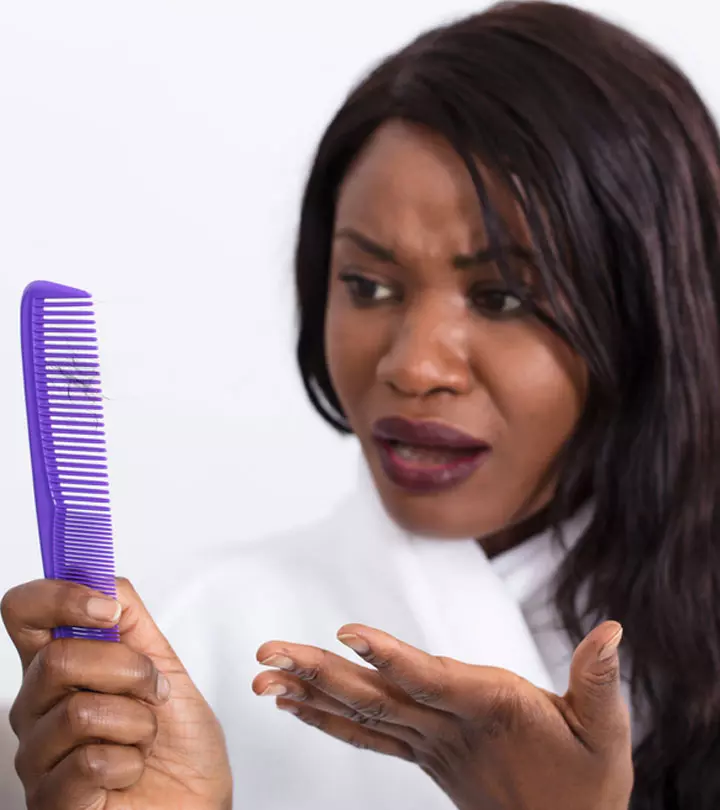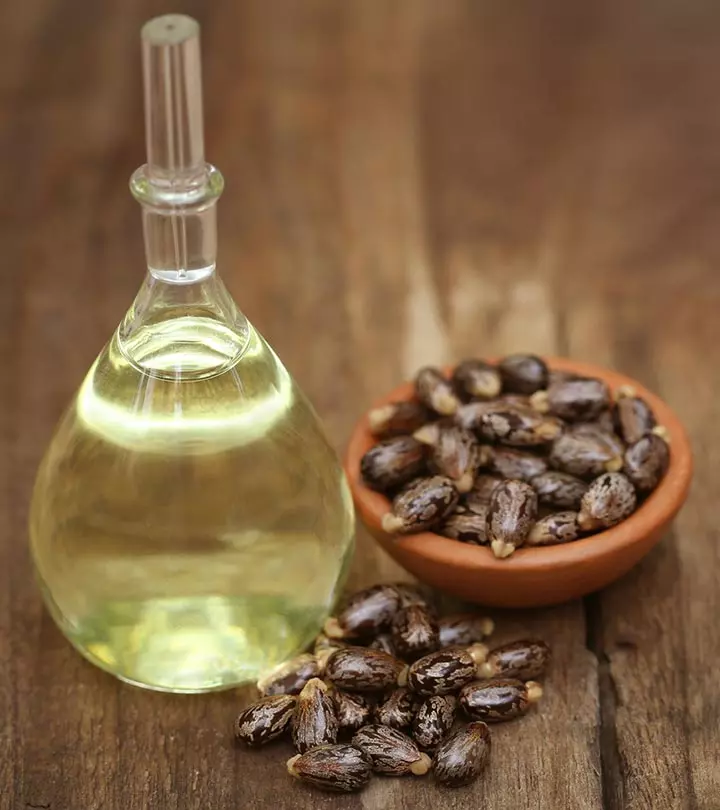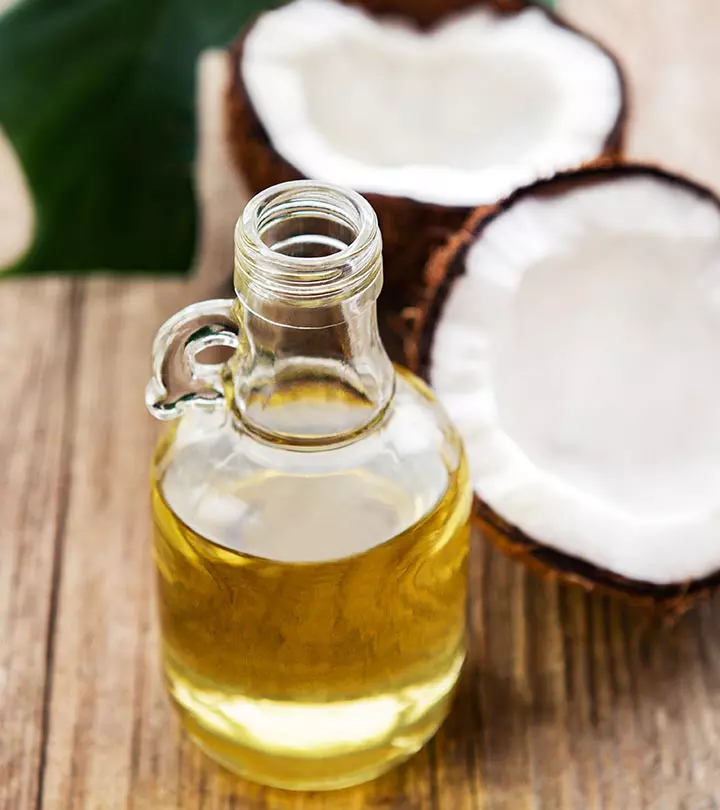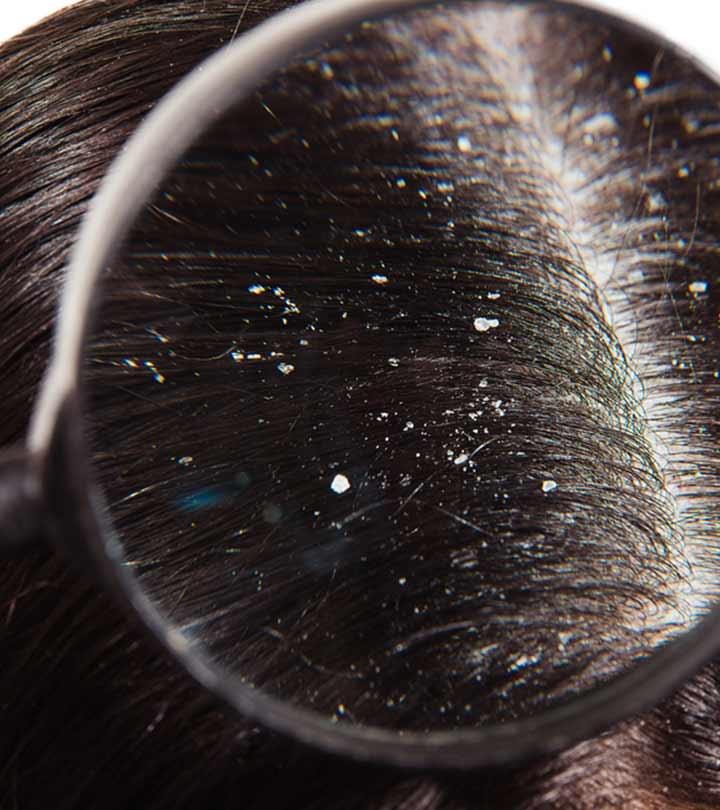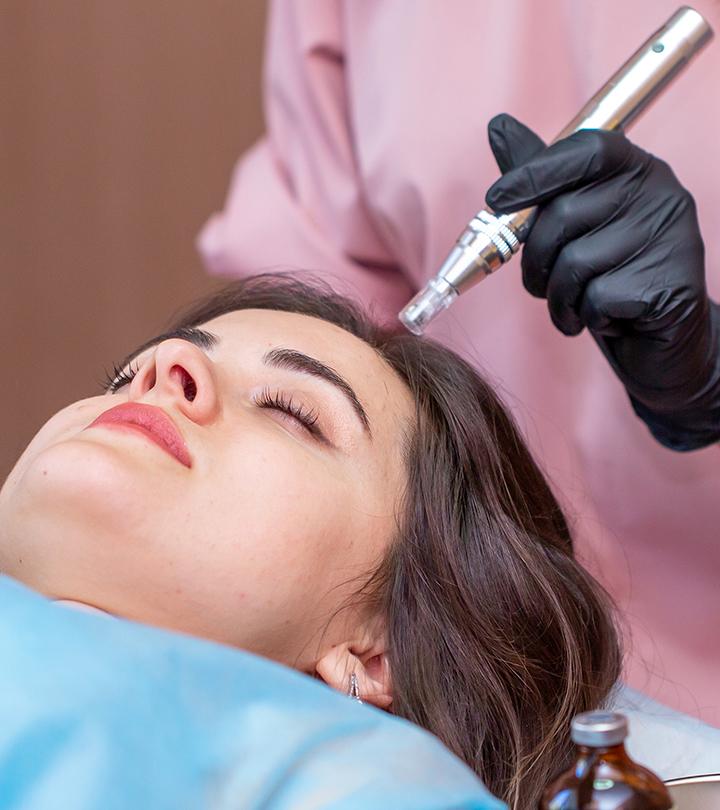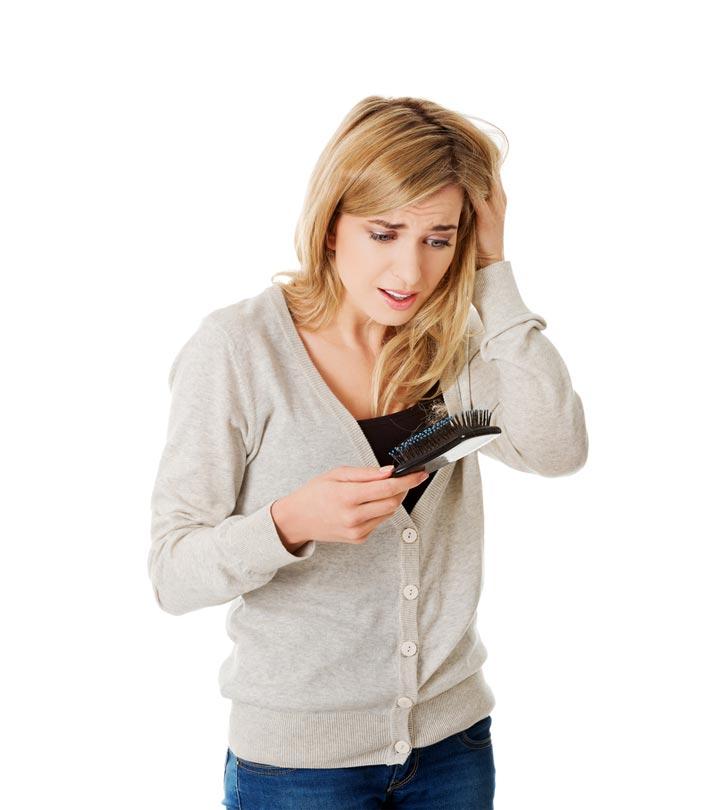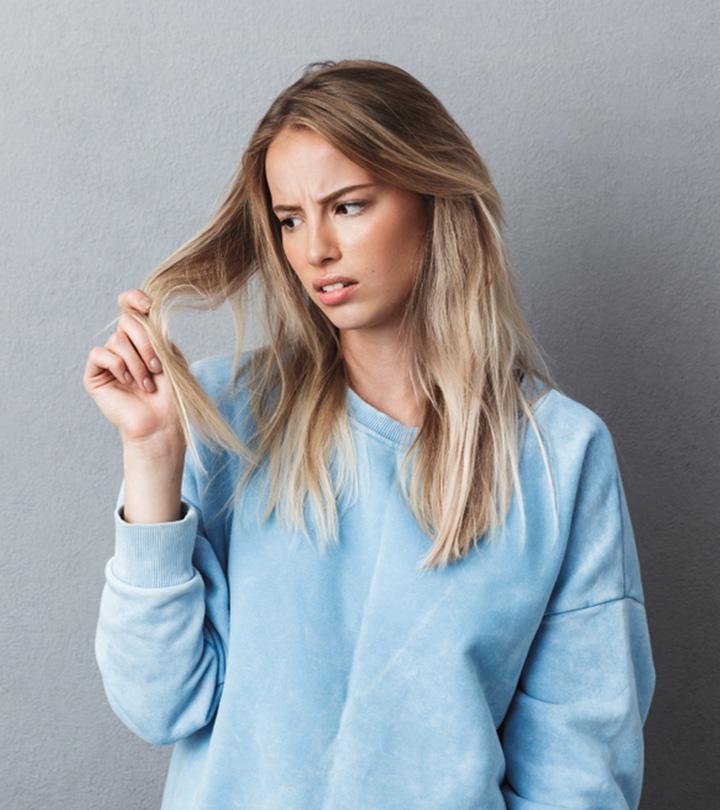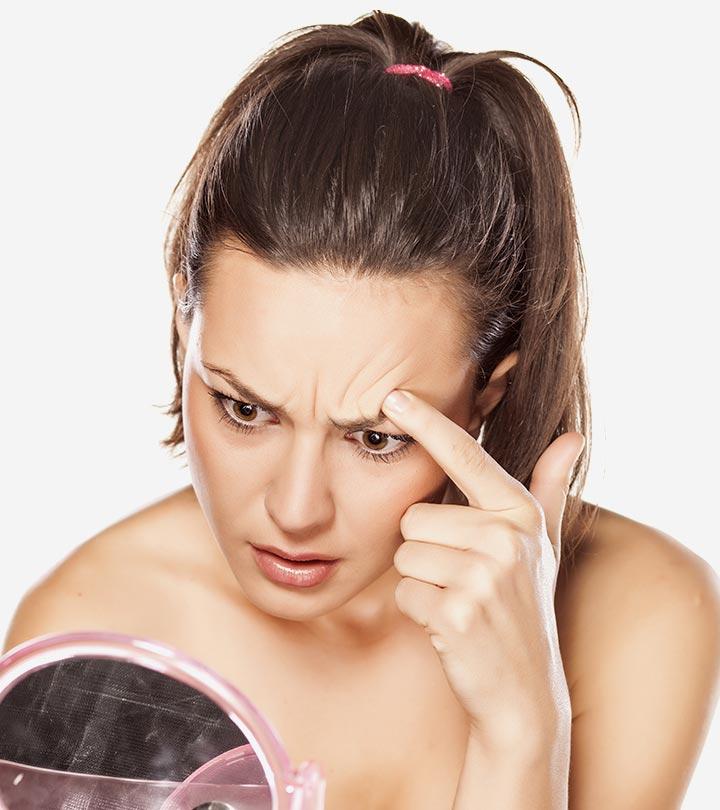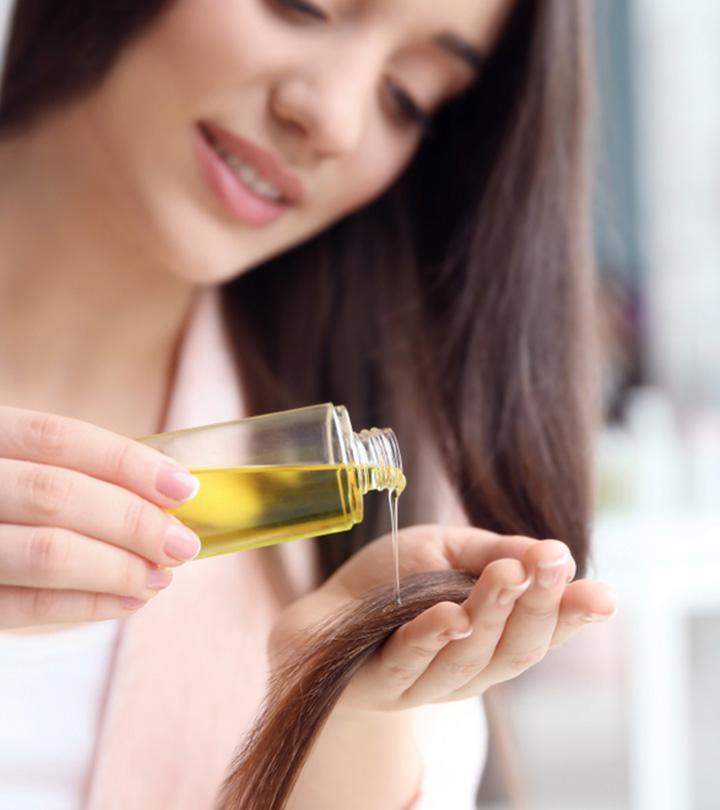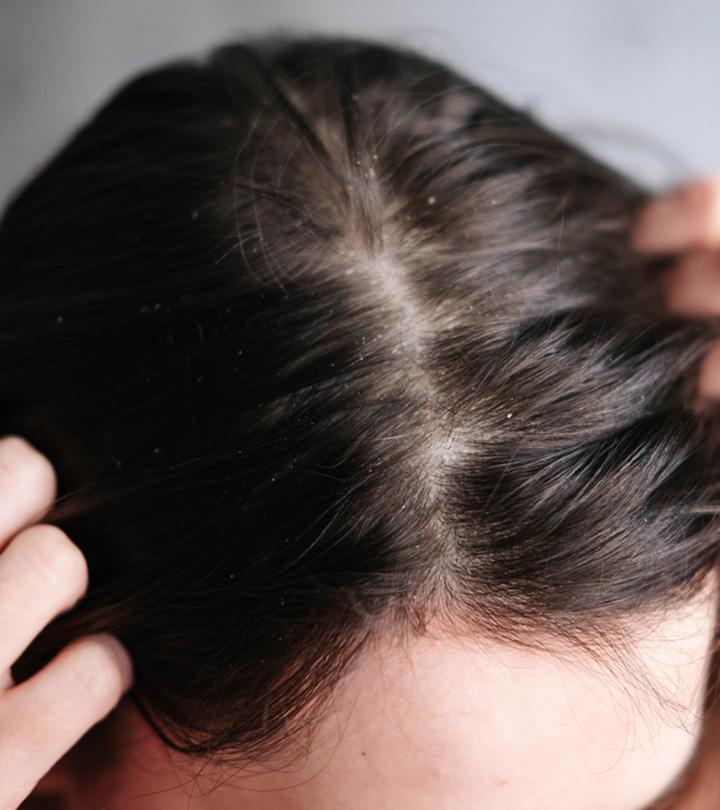Itchy Scalp And Hair Loss: How To Treat And How To Prevent It
Scratch that itch and save your strands as you find a gentle calm for your scalp.
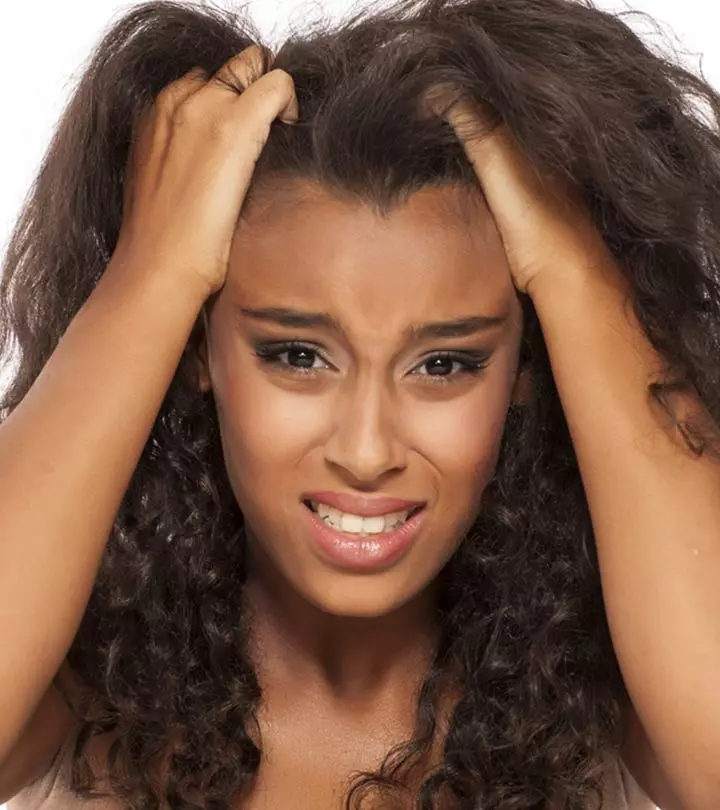
Image: Shutterstock
Once you start, you just cannot stop! This is especially true when your scalp feels itchy. Science suggests a link between having an itchy scalp and hair loss. When you scratch your scalp aggressively, you damage the structure of hair follicles that could cause hair loss. But what causes your scalp to become so itchy? Unhygienic scalp conditions, varying pH levels, or improper hair care routines are some of the few triggers of an itchy scalp. Keep reading to explore all the causes that make your scalp itchy, any symptoms you should be concerned about, and the treatment options available.
In This Article
Is An Itchy Scalp Linked To Hair Loss?
An itchy scalp and hair loss can occur independently. However, the two are almost always linked. Scalp inflammation, allergic reactions, and bacterial and fungal infections can cause scalp itchiness and subsequent hair loss (1). Scratching on the scalp can cause itching, potentially causing hair follicle damage and hair loss (2). The good news is this hair loss is temporary, and you can observe the hair regrowth after a while. That said, hair loss can also happen without any itching, as is the case with male and female pattern baldness or hereditary hair loss.
We discussed that itchy scalp and hair fall could have multiple causes. Let us look into those causes in detail.
Causes Of An Itchy Scalp And Hair Fall
1. Scalp Psoriasis
It is an autoimmune disorder that can lead to hair loss. About 50% of individuals with psoriasis can develop scalp psoriasis. The condition causes dry, red patches with silvery, dry scales on the scalp (3). It occurs when the body’ s immune system attacks its own cells. The scaly patches can affect the entire scalp. They are often itchy and can also spread to your forehead.
The findings of a cross-sectional study that involved 12,625 participants revealed that the prevalence of psoriasis among adults in the US stood at 3.0%. This suggests that over 7.5 million adults aged 20 years or older are affected by psoriasis. The condition was found to be most prevalent among non-Hispanic White individuals.
2. Atopic Dermatitis
Atopic dermatitis is a type of eczema that makes your skin red with scales on your scalp (4). It does not directly cause hair loss, though it can provoke one to scratch their scalp excessively, causing temporary hair loss. It is common among children but can occur at any age. It also can cause scalp burns.
3. Reaction To Hair Care Products
Improper shampooing practices can leave some residue on the scalp and irritate it. An itchy, dry, and flaky scalp is a sign that you need to do a better job of rinsing. An itchy scalp accompanied by rashes could sign allergic contact dermatitis, a condition common among people who dye their hair. Black hair dyes usually contain an ingredient known as para-phenylenediamine (PPD) that may cause allergic reactions (5).
Allergic reactions to shampoos, conditioners, dyes, and hair gels may also cause an itchy scalp.
4. Dandruff
An itchy scalp accompanied by flakes on your clothing could sign dandruff. Dandruff causes dry scalp, and the flaking is visible throughout the day (6). Scratch your hair may weaken the hair follicles and lead to hair loss. Frequent scratching and brushing on your itchy scalp can damage the hair roots, causing hair loss. Furthermore, dandruff only causes hair loss if left untreated for a prolonged period.
5. Folliculitis
Folliculitis is the inflammation of hair follicles. Typical causes of folliculitis include bacterial or fungal infections (7). Folliculitis often causes temporary hair loss and scalp itching. It can spread and cause small itchy bumps and crusty sores. A severe case of folliculitis may cause permanent hair loss.
7. Lichen Planopilaris
Lichen planopilaris is an inflammatory scalp condition (8). It occurs due to a compromised immune system that results in the selective destruction of hair follicles. It causes scalp itching and scales around the base of the hair follicle. This scalp condition most often leads to permanent hair loss.
8. Head Lice
Head lice are parasites that feed on blood from the human scalp. An itchy scalp is the most common symptom of head lice. It is caused by the saliva of the lice (9). The excessive scratching due to this itchiness may cause temporary hair loss.
9. Scalp Ringworm
Scalp ringworm (tinea captis) is a fungal infection that penetrates the hair shaft and causes itchiness (10). You will likely have a red and intensely itchy rash. This scalp condition can weaken hair follicles and lead to hair loss. It is highly contagious and can be accompanied by scaly rashes or black, bumpy dots on the scalp.
10. Nerve Issues
An itchy scalp without the signs of a rash could mean a nerve issue. A dysfunctional nerve may also cause an itchy scalp.
An itchy scalp can be a result of bacterial or fungal infections or any medical condition. But it can be treated with certain gentle hair care products, hair oils, and therapies. Let us understand these treatment options further in the following section.
11. Autoimmune Conditions
An itchy scalp can arise in individuals with autoimmune disorders such as dermatomyositis, systemic lupus erythematosus, scleroderma, and Sjögren syndrome due to inflammation and dysfunction of the immune system (11). In dermatomyositis and lupus, the involvement of the skin may cause scalp rashes and irritation. The thickening of the skin associated with scleroderma may extend to the scalp, leading to discomfort. Also, Sjögren syndrome, which impacts moisture-producing glands, may induce dryness and itching on the scalp as a consequence of reduced moisturization.
12. Trichodynia
Trichodynia is a term used to describe the uncomfortable scalp sensation associated with the concern of hair loss (12). It causes a burning, crawling, or itching sensation on the scalp. A condition related to trichodynia is trichoknesis, where patients experience an itchy sensation instead of pain when the hair is touched or manipulated.
How To Treat An Itchy Scalp And Hair Fall
If you have a dry scalp, wash with a gentle shampoo, and use a moisturizing conditioner. For mild dandruff, wash your hair every day with a gentle shampoo to reduce the amount of oil on your scalp. You may go for an anti-dandruff shampoo in case of severe dandruff.
Shampoos containing tea tree oil are an alternative remedy for dandruff (13). Anti-dandruff shampoos containing salicylic acid, coal tar, zinc pyrithione, ketoconazole, and selenium sulfide can also help.
 Pro Tip
Pro TipEssential oils like peppermint and rosemary can soothe an itchy scalp and reduce hair fall. Remember to dilute the essential oil with a carrier oil like coconut or olive oil. Furthermore, oral or topical steroids reduce scalp inflammation. Immunotherapy may also help with autoimmune scalp conditions.
An itchy scalp and associated hair loss can have multiple causes. But most often, the condition can be prevented. Read through the following section.
How To Prevent Hair Loss Due To An Itchy Scalp?
1. Avoid The Urge To Scratch Your Scalp
Scratching your hair more often can damage your hair follicles, leading to temporary hair loss. Restraining the urge to scratch your scalp can help. Find out the cause for your itchy scalp and minimize the dry scalp condition that is causing it.
2. Massage Your Scalp
 Quick Tip
Quick TipMassage your scalp with oils of coconut, olive, and castor for improved blood circulation. A hot oil massage with nourishing coconut or olive oils can moisturize your dry scalp. These oils penetrate the hair shaft and keep the hair moisturized (14).
3. Use Gentle Shampoos
Use gentle shampoos free of sulfates, parabens, colors, fragrances, and alcohols. Shampoos formulated with harsh chemicals can damage your hair and cause hair fall. Check the ingredients on the label before making a purchase. Remember to buy products that suit your hair texture. The right products will prevent scalp irritation and product build-up.
4. Follow A Good Hair Care Routine
Follow a good hair care routine that includes cleansing, conditioning, and oiling. If your scalp is dry and itchy, a deep conditioning treatment and a hot oil massage will do wonders. An itchy scalp may lead to dandruff, scalp irritation, and flakiness, causing hair fall.
5. Eat Healthy
Foods rich in vitamins, proteins, and minerals are beneficial for hair health. Increasing the intake of all essential vitamin-rich foods can keep your hair healthy. Staying hydrated can keep your scalp naturally moisturized and prevent dry scalp caused due to dehydration.
When To See A Doctor?
Itchiness and hair fall are common concerns that can often be treated by the methods mentioned above. However, visit your doctor if you notice itchiness that keeps you up in the night, bald patches and hair loss in clumps, scalp burning, or crusty patches on the scalp.
Itchy scalp and hair loss are interlinked. Scratching your scalp can damage hair follicles, resulting in hair loss. However, this hair loss is temporary, and your hair may grow back after some days. The other reasons for hair loss include scalp psoriasis, dermatitis, dandruff, head lice, reactions to hair care products, nerve issues, etc. There are anti-dandruff shampoos and essential oils that may help treat itchy scalp and hair fall. You may also follow the tips mentioned above to prevent this condition. With the right treatment options and a balanced diet, you can maintain your hair health.
Frequently Asked Questions
Does thinning hair cause an itchy scalp?
No. While thinning hair doesn’t directly cause an itchy scalp, these symptoms occur together in many scalp and hair-related issues.
Which oil is best for itchy scalp?
Peppermint, tea tree, lemongrass, chamomile, and other refreshing oils can help soothe an itchy scalp.
Which disease causes an itchy scalp?
Some diseases and scalp issues like dandruff, hives, head lice, scabies, ringworm, psoriasis, and more can cause an itchy scalp (15).
Does baking soda help with itchy scalp?
Yes. Baking soda’s alkaline nature can help balance the scalp’s pH and relieve itchiness.
What kills fungus on the scalp naturally?
Some natural remedies for fungal infections on the scalp include cleansing your hair with apple cider vinegar in water (1:2 ratio), applying a neem mask or oil, and nourishing your hair with tea tree essential oil in coconut or castor oil.
Is turmeric good for itchy scalp?
Yes. Turmeric has anti-fungal properties that may help control itching caused by various fungal infections.
Can turmeric stop hair loss?
Although research on turmeric’s effect on hair loss is limited, anecdotal evidence suggests that it may help control hair loss and boost hair growth.
Key Takeaways
- Itchy scalp and hair loss may result from inflammation, allergic reactions, and bacterial or fungal infections.
- Itchy scalp-related hair loss is often due to the follicle damage that follows excessive scratching.
- A healthy diet, mild shampoos, scalp massage, and resisting the urge to scratch can help prevent hair loss.
Nothing can bother you like an itchy scalp, especially during winter. The following video uncovers the possible causes of an overly itchy scalp so you can understand possible treatment options to avail. Check it out.
References
Articles on StyleCraze are backed by verified information from peer-reviewed and academic research papers, reputed organizations, research institutions, and medical associations to ensure accuracy and relevance. Read our editorial policy to learn more.
Read full bio of Dr. Shruti Chavan
Read full bio of Anjali Sayee
Read full bio of Monomita Chakraborty





